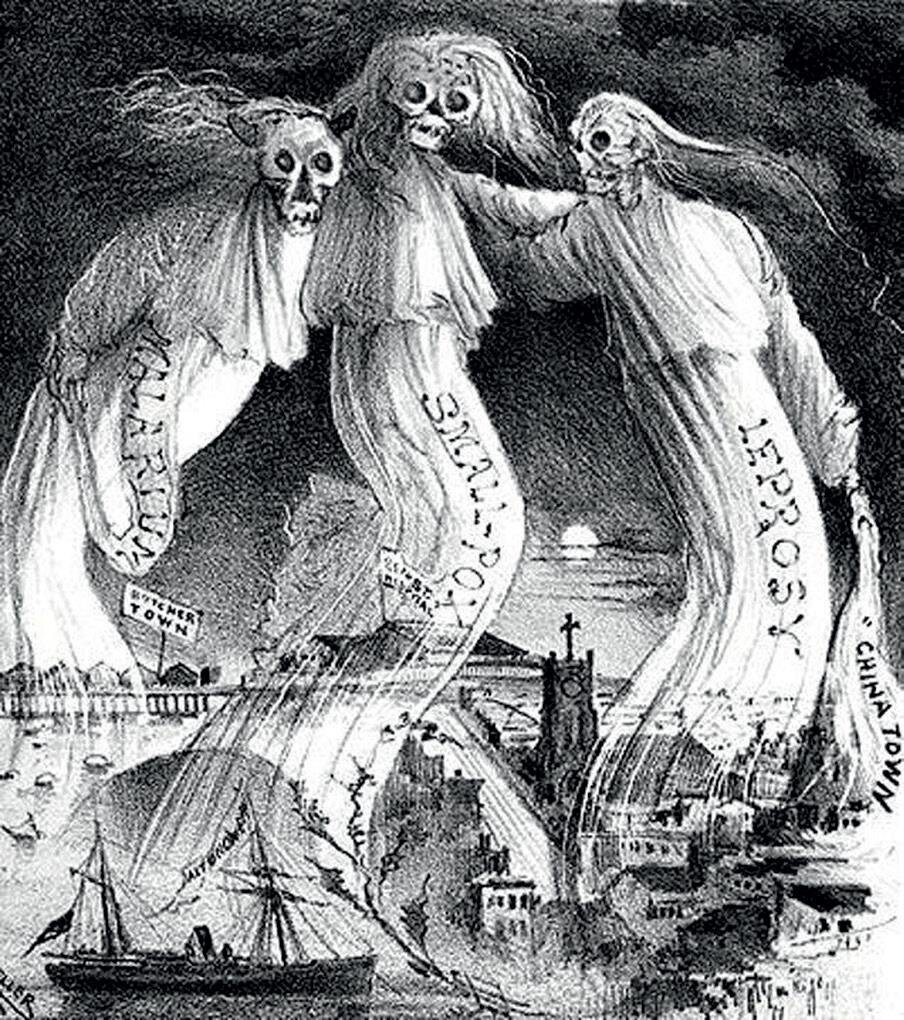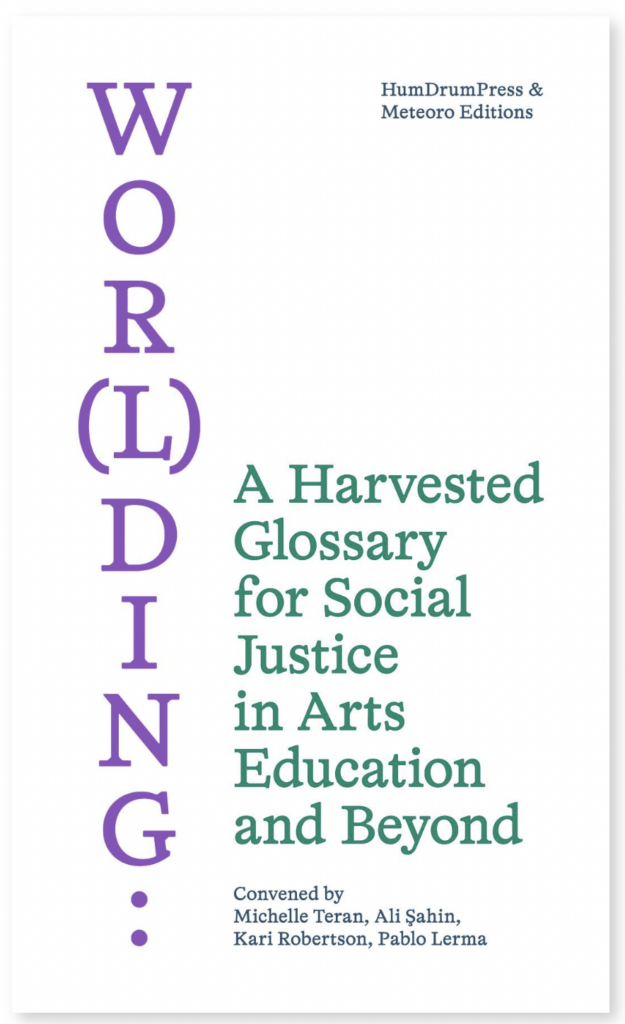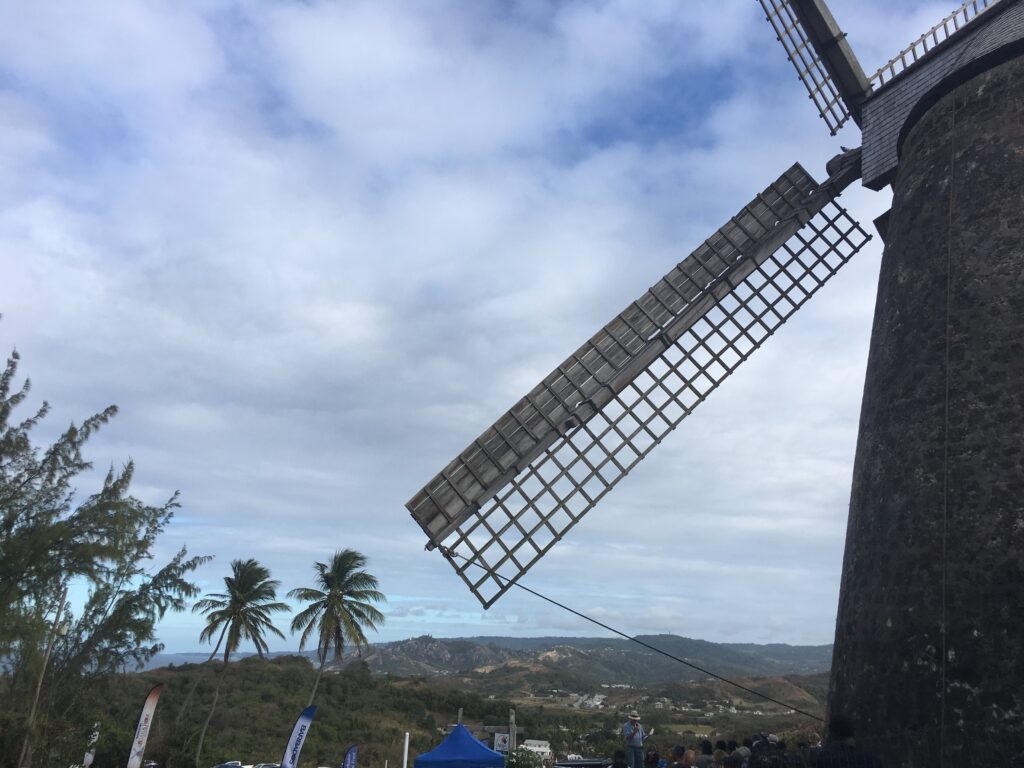Project details
| Researchers |
|
| Project Leader |
|
| Duration | September 2021-December 2022 |
| Affiliated activities |
This research project explores the immune system as a way to understand relationships between the individual and social body and the wider environments we inhabit and co-constitute. It postulates that thinking through our immune systems; as vulnerable, contingent, and interdependent, can undermine many of the binaries (e.g of self/other, clean/unclean, inside/outside) constructed under modernity. Thinking through the complexities of immunity generates a problem of categories and subsequently more nuanced understandings of the entangled relations between people and the world around us.
The project investigates cultural constructions of disease, contagion and toxicity through the 1980s/1990s HIV/AIDS crisis and subsequent activism from groups such as ACT UP.
In a further development to the research, a ‘toxic soil study group’ was set up to think along with students and fellow staff members of the WdKA. In this collaborative context as well as in my solo research, we dig into soil as a contaminated external body (which shares much of the bacteria and virus that inhabit human bodies) and collective, living archive.
This research is grounded in developing the curricula for P.3 (third year) and Minor ‘New Earth’ within Social Practice Bachelor study program.
Kari Robertson works as a Research Lecturer for this project.
Image Source: Cartoon from The Wasp (San Fransisco) of May 26, 1882, promoting the then-common racist myth that diseases were rampant in Chinatown. Artist unknown.
Source: https://jezebel.com/from-miasma-to-ebola-the-history-of-racist-moral-panic-1645711030 accessed 03/10/22



